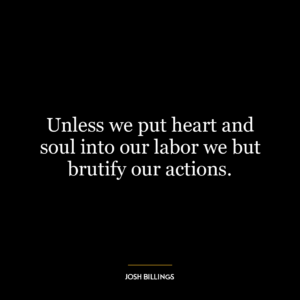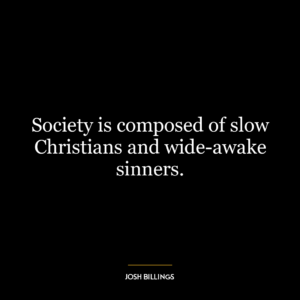This quote is a paradoxical statement that seems to advise living within one’s means, yet simultaneously encourages borrowing to achieve that. It might initially appear contradictory or nonsensical, but the quote is actually a satirical commentary on the financial habits of individuals. It’s a critique of the common practice of borrowing money to maintain a lifestyle beyond one’s means, which is effectively living in debt.
The quote is essentially a call to financial responsibility, encouraging individuals to live within their means, i.e., to spend less than or equal to what they earn. However, the addition of “even if you have to borrow to do so” is an ironic twist. It highlights the absurdity of the notion that one can live within their means while also borrowing money. Borrowing to sustain a lifestyle is, in fact, living beyond one’s means, as it implies spending more than what one earns.
Applying this quote to today’s world, it’s quite relevant given the easy availability of credit and loans. Many people fall into the trap of living a lifestyle they can’t afford, facilitated by credit cards and loans. This leads to a cycle of debt that can be hard to escape. This quote serves as a reminder of the dangers of such practices.
In terms of personal development, this quote can be a guiding principle in financial management. It encourages individuals to develop financial discipline, to live within their actual income, and to avoid the trap of debt. It’s a call to be realistic about one’s financial situation and to make decisions accordingly. It also encourages financial independence, as relying on borrowed money is a form of dependence.
In a broader sense, it could also be interpreted as a call to live authentically and not to pretend to be someone you’re not. Just as borrowing money to live beyond your means is unsustainable, so too is putting on a facade or trying to live a life that isn’t true to who you are. So, it could also be seen as a call to personal authenticity and integrity.













